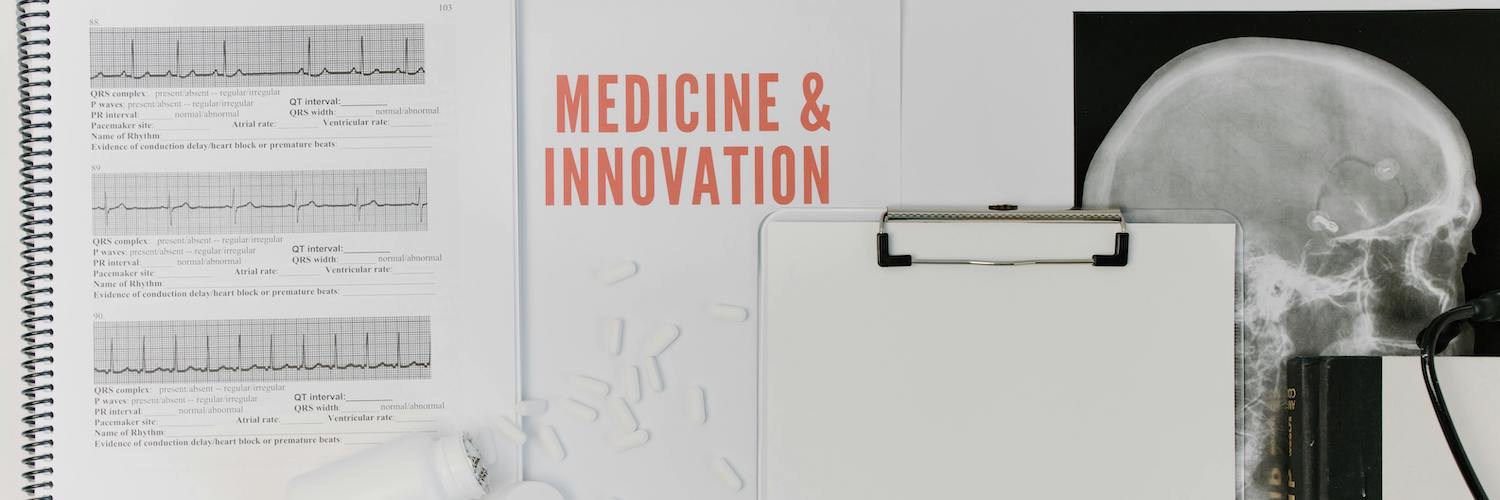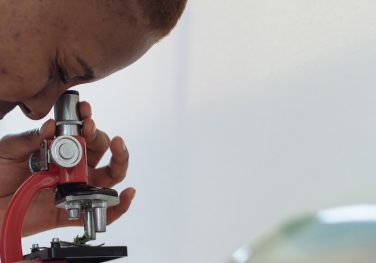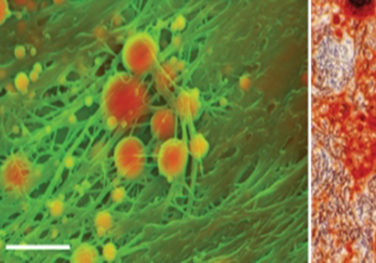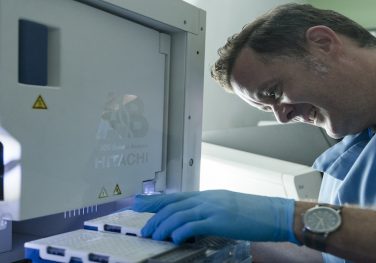University of Leicester
Photo: Professor André Ng (Head of Department, Cardiovascular Sciences, University of Leicester) the Primary Investigator of this research project.
Finding new ways to prevent heart failure
Researchers at the University of Leicester are working on a highly-promising, novel technique for assessing the risk of sudden cardiac death – a condition that 3 million people die from every year across the globe. The cause of many of these deaths is an irregular heartbeat or ‘arrhythmia’. There’s a device that will prevent this, called an implantable cardioverter defibrillator (ICD). The problem is, we don’t have an effective way to identify patients most in need of ICDs.
At the moment, 60% of people fitted with an ICD who are deemed ‘high-risk’ for sudden cardiac death never actually use the device. On the other hand, we know the majority of sudden cardiac death occurs in people actually seen as ‘low-risk’ – but there’s no assessment available for this. That’s where vital research from the University of Leicester comes in. The main aim is to develop a way to identify patients in this ‘low-risk’ group. It means they can consider getting an ICD, which could be life-saving.
- ‘LifeMap’ is the result of 10 years of preclinical research on ‘cardiac restitution’ – the ability of the heart to recover from one beat to the next.
- An implantable cardioverter defibrillator (ICD) lasts 4 to 5 years and costs around £10,000 per device.
- Around 100,000 people in the UK die every year as a result of sudden cardiac death – but research is advancing that will help save lives.

Developing devices for the heart
The University has already developed two products that can help with heart failure. The first is a LifeMap-Vest, a type of chest harness that produces clearer electrocardiogram (ECG) signals during exercise. (An ECG records signals of the heart’s electrical activity.) The second product is LifeMap-Compute, an automated software used to analyse ECG signals.
Our grant of £400,000 over four years will fund a clinical PhD position. The researchers will test and adapt the LifeMap products to identify people at risk of sudden cardiac death who would benefit most from an ICD.
Our medical fellowships support research that will help diagnose, manage and prevent heart failure in patients under 60 years old. Find out more here.
“The establishment of the Kusuma Fellowship in Cardiology will allow us to significantly progress the LifeMap research project. Through our work, we will have a positive impact on the lives of patients across the country, and beyond.”
More Success Stories

The Sinha Lab, Wellcome-MRC Cambridge Stem Cell Institute

The Stevens Group at Imperial College London

